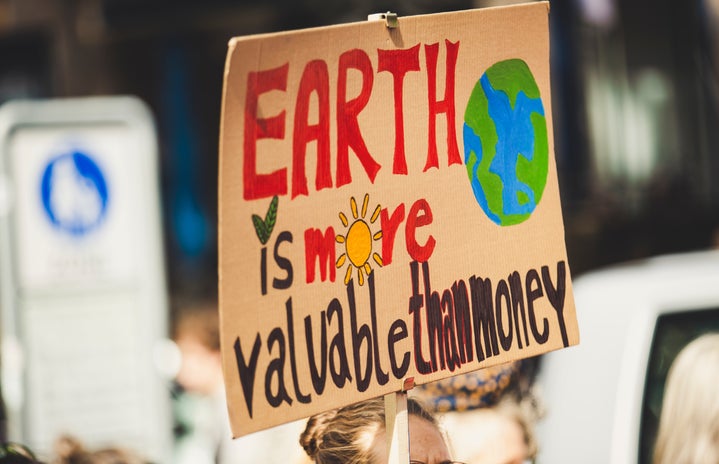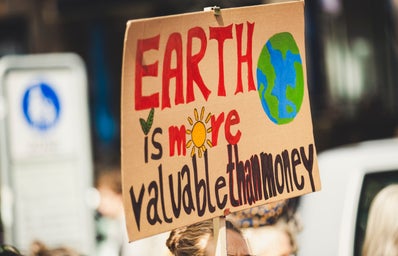The Her Campus National Editors write about products we love and think you’ll love too. Her Campus has affiliate partnerships, so we get a share of the revenue from your purchase. All products are in stock and all prices are accurate as of publication.
A few weeks ago, Patagonia’s CEO Yvon Chouinard gave the well-known three billion-dollar outdoor clothing and gear company away. He could have sold it or taken it public; instead, he transferred ownership to a trust and nonprofit organization. Patagonia remains independent and all its profits will go to help combat climate change.
98% of the company was donated to a nonprofit organization called the Holdfast Collective, established to make sure funds are used to combat climate change. Chouinard transferred the rest, his family’s shares in stock, about 2%, to a trust called the Patagonia Purpose Trust. Members of his family and other trusted advisors will oversee the trust and ensure the company makes good on its promises and gives away its profits.
At first, it seemed Chouinard did not gain any tax benefits for his actions since he had to pay over $17 million in taxes due to his family’s donation. Many thought what Chouinard did was quite rare, as it seemed to not financially benefit him. However, articles have come out explaining how Chouinard avoided $700 million in taxes from his huge donation to charity. He won’t have to pay taxes on the 98% of the company going to the nonprofit. This is a huge letdown as many were looking to Patagonia’s example as a truly selfless one. Chouinard has said he never set out to become rich, he simply wanted to make quality outdoor clothing and gear. Why, then, did he decide to undermine his initial message and donate to charity to keep his wealth?
Even though Chouinard thinks billionaires should not exist, it seems he is still prioritizing his wealth over paying his taxes. It is important to reflect on these actions and not encourage other billionaires and corporations to do the same. In an interview, Chouinard made clear that his actions in “giving away” his company were intended to influence a new form of capitalism. By giving the money to people actively working to save the planet, instead of keeping it for himself, he aimed to show how CEOs should act to not end up with just a few rich people and an increasing multitude of poor people. This was proven wrong with his actions to evade paying millions of taxes.
Other companies preach about making the world a better place yet their actions don’t reflect their words and they often contribute more to the issues rather than offsetting them. While no company, or billionaire, can be perfect, Patagonia does still exemplify what an overall responsible company should look like. Two of Patagonia’s core values are to cause no unnecessary harm and use business to protect nature. To name a few other examples, Patagonia uses 87% recycled materials, sources a lot of its energy from renewable sources, values its workers at all levels, shifted its marketing in recent years to promote activism, and has consistently donated profits each year to help combat climate change.
Patagonia is making a difference in the climate fight by already donating millions of profits to the Holdfast Collective. Although we should never celebrate billionaires or tax evaders, it is important to support companies like Patagonia who push for sustainability. From my personal experience, Patagonia clothing is long-lasting and comfortable. If their clothes are out of your price range, which many quality, ethically produced clothes often are for college students, including myself, you can still shop for worn wear on their website for discounted prices.
With great wealth usually comes great environmental impact. Patagonia does not follow that typical trend, even though its former CEO seems to have the same mindset as other tax-evading billionaires.


